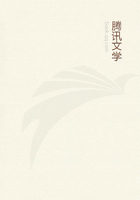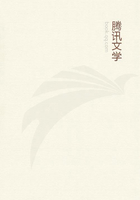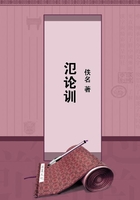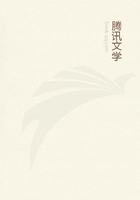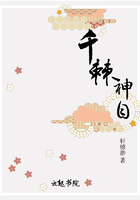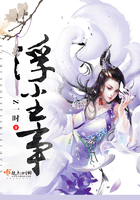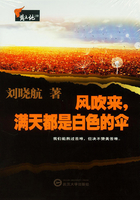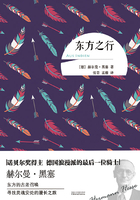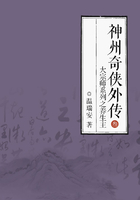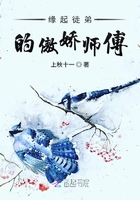In those days men did not prepare for it; they drifted into it. I do not think that at my graduation there was one out of the one hundred and eight members of my class who had the slightest expectation of permanently connecting himself with a newspaper. This seems all the more singular since that class has since produced a large number of prominent journalists, and among these George Washburne Smalley, the most eminent, by far, among American newspaper correspondents of our time; Evarts Greene, a leading editor of Worcester; Delano Goddard, late editor of the ``Boston Advertiser''; Kinsley Twining, for a considerable time an editor of the ``Independent'';Isaac Bromley, who for years delighted the Republican party with his contributions to the editorial page of the ``Tribune''; Dr. James Morris Whiton, a leading writer for the ``Outlook''; and others. Yet in those days probably not one of these ever thought of turning to journalism as a career. There were indeed at that time eminent editors, like Weed, Croswell, Greeley, Raymond, and Webb, but few college-bred men thought of journalism as a profession.
Looking back upon all this, I feel certain that, were I to begin life again with my present experience, that would be the career for which I would endeavor to fit myself. It has in it at present many admirable men, but far more who are manifestly unfit. Its capacities for good or evil are enormous, yet the majority of those at present in it seem to me like savages who have found a watch. Ican think of no profession in which young men properly fitted--gifted with ideas and inspired by a real wish to do something for their land and time--can more certainly do good work and win distinction. To supplant the present race of journalistic prostitutes, who are making many of our newspapers as foul in morals, as low in tone, and as vile in utterance as even the worst of the French press, might well be the ambition of leading thinkers in any of our universities. There is nothing so greatly needed in our country as an uplifting of the daily press, and there is no work promising better returns.
But during my student life in Paris and Berlin another vista began to open before me. I had never lost that respect for the teaching profession which had been aroused in my childhood by the sight of Principal Woolworth enthroned among the students of Cortland Academy, and this early impression was now greatly deepened by my experience at the Sorbonne, the College of France, and the University of Berlin. My favorite studies at Yale had been history and kindred subjects, but these had been taught mainly from text-books. Lectures were few and dry. Even those of President Woolsey were not inspiring;he seemed paralyzed by the system of which he formed a part. But men like Arnould, St. Marc Girardin, and Laboulaye in France, and Lepsius, Ritter, von Raumer, and Curtius in Germany, lecturing to large bodies of attentive students on the most interesting and instructive periods of human history, aroused in me a new current of ideas. Gradually I began to ask myself the question: Why not help the beginnings of this system in the United States?
I had long felt deeply the shortcomings of our American universities, and had tried hard to devise something better;yet my ideas as to what could really be done to improve them had been crude and vague. But now, in these great foreign universities, one means of making a reform became evident, and this was, first of all, the substitution of lectures for recitations, and the creation of an interest in history by treating it as a living subject having relations to present questions. Upon this I reflected much, and day by day the idea grew upon me. So far as I can remember, there was not at that time a professor of history pure and simple in any American university. There had been courses of historical lectures at a few institutions, but they were, as a rule, spasmodic and perfunctory. How history was taught at Yale is shown in another chapter of these reminiscences. The lectures of President Sparks had evidently trained up no school of historical professors at Harvard. There had been a noted professor at William and Mary College, Virginia,--doubtless, in his time, the best historical lecturer in the United States,--Dr. William Dew, the notes of whose lectures, as afterward published, were admirable; but he had left no successor. Francis Lieber, at the University of South Carolina, had taught political philosophy with much depth of thought and wealth of historical illustration; but neither there nor elsewhere did there exist anything like systematic courses in history such as have now been developed in so many of our universities and colleges.
During my stay as resident graduate at Yale after my return from Europe in 1856, I often discussed the subject with my old friend and companion Gilman, now president of the Carnegie Institution, and with my beloved instructor, Professor Porter. Both were kind enough to urge me to remain at New Haven, assuring me that in time a professorship would be established. To promote this I wrote an article on ``German Instruction in General History,''
which was well received when published in the ``New Englander,'' and prepared sundry lectures, which were received by the university people and by the New York press more favorably than I now think they deserved. But there seemed, after all, no chance for a professorship devoted to this line of study. More and more, too, I felt that even if Iwere called to a historical professorship at Yale, the old-fashioned orthodoxy which then prevailed must fetter me:

